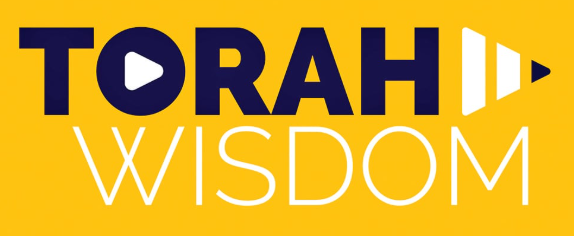Parshas Ve'eschanan 5785 - The Wisdom of the Torah
- garberbob
- Aug 8, 2025
- 3 min read

In this week’s parsha, Moshe tells the Bnai Yisroel that the nations of the world will hear about the decrees of the Torah, and they will say:
“Surely a wise and discerning people is this great nation!” (Devarim 4:6).
Moshe explains the reason for this admiration:
“For which is a great nation that has a G-d Who is close to it, as is Hashem our G-d, whenever we call to him? And which is a great nation that has righteous decrees and ordinances (חוקים ומשפטים), such as this entire Torah that I place before you this day?” (Devarim 4:7-8).
Remarkably, the Torah tells us that the righteousness of the Torah’s decrees and ordinances - חוקים ומשפטים צדיקם – will be evident even to non-Jews. Normally the term צדיקם is used to describe people as righteous. What does it mean when the Torah calls the laws themselves “righteous”?
The Netziv (Rav Naftali Zvi Yehuda Berlin 1816-1893) explains that when one studies the Torah through the rigorous process of Talmudic analysis—questioning, comparing, and deeply examining its laws—the inherent righteousness and moral brilliance of the Torah becomes clear, and this can be recognized by all.
The Sforno offers a complimentary insight. No other legal system combines justice and compassion as the Torah does. The concept of mishpat implies strict justice – following the law as it is written. In contrast, tzedakah implies leniency and compassion. The two seem mutually contradictory. How can a legal system be both uncompromisingly just and still be compassionate?
Yet, the Talmud tells us that the Torah embodies both. As seen in Sanhedrin 6b, the law is applied not only with accuracy, but also with compassion and care for all parties. This fusion of mishpat and tzeddakah—law and righteousness—is what evokes the veneration and respect of the nations of the world.
A striking real-world example occurred in 1977. A pair of new-born Siamese twins were brought to Children’s Hospital in Philadelphia. The problem with the Siamese twins was that they would both die unless surgery was performed. However, because their organs were conjoined, only one could be saved and the other would die from the surgery. This presented a complex moral dilemma – which baby should live and which should die?
The hospital’s Chief of Surgery, Dr. C. Everett Koop—who would later serve as Surgeon General under President Ronald Reagan—was a world-renowned expert in medical ethics. Yet he and his team of 20 professionals could not reach a decision. Ultimately, Dr. Koop sought guidance from Rav Moshe Feinstein, describing him as “a great scholar, a saintly individual” who could provide clarity in a morally complex situation. “When he tells me,” Koop said, “I too will know.”
If even the most respected experts and non-Jewish authorities recognize the wisdom and righteousness of the Torah and turn to its sages for moral clarity, how much more so should we, as Jews, embrace learning and understanding the Torah and its decrees and ordinances.
As we affirm daily before reciting the Shema: כי הם חיינו ואורך ימינו ובהם נהגה יומם ולילה - “the Torah is our life and the length of our days and we shall contemplate it day and night.” Let us embrace the Torah and increase our learning of it, recognizing that the Torah not only elevates us, but also provides moral clarity to a world that seems to be adrift in moral confusion.
-Rabbi Garber



































Comments